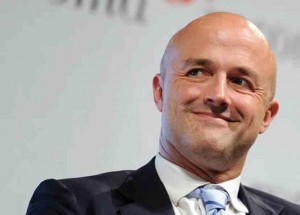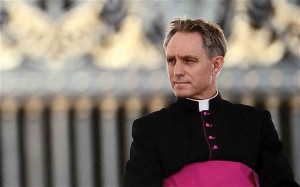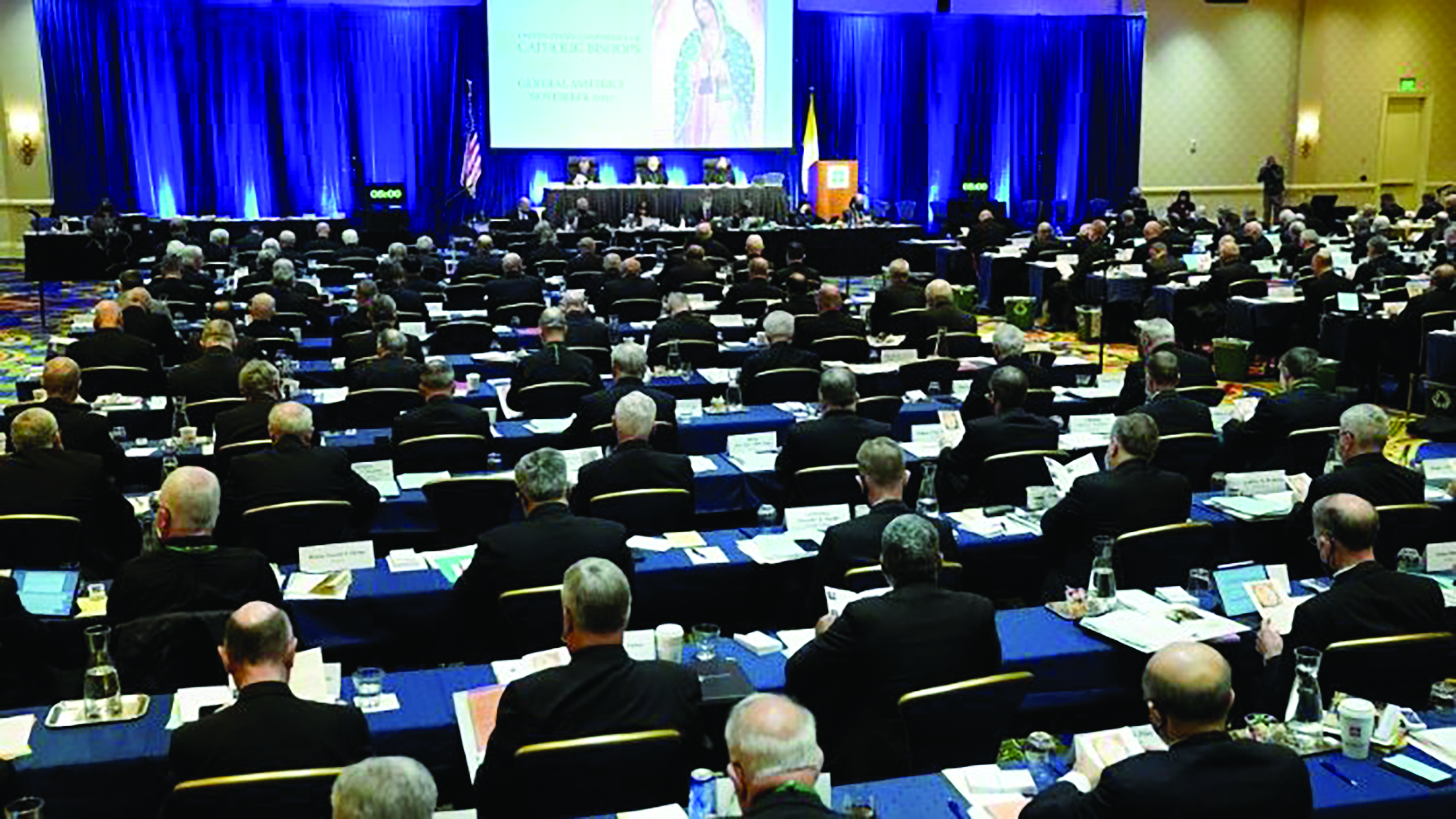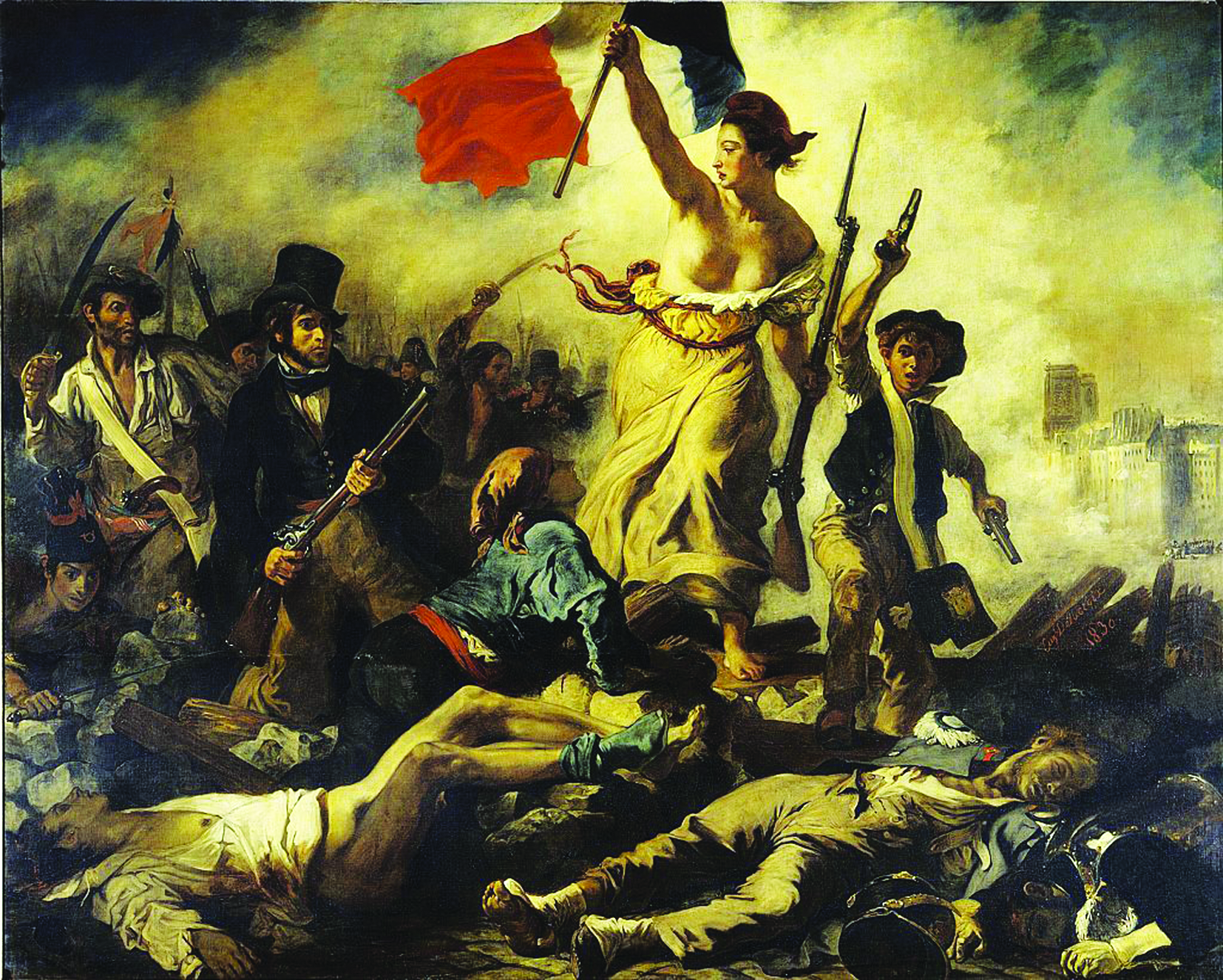Paolo Gabriele, the personal assistant of Pope Benedict XVI accused of illicitly copying private Vatican correspondence and giving it to a journalist, told Vatican investigators this spring and summer that he acted out of concern for the Pope and the Church.
Documents released by the Vatican August 13 outline the case against Gabriele, including his own statements about his motivations, but also others’ descriptions of him and selected quotations from reports filed by psychiatrists and psychologists asked by the Vatican to examine him.

The Italian journalist, Gianluigi Nuzzi, author of the book His Holiness: The Secret Papers of Benedict XVI.
The documents explain why the Vatican decided to formally indict Gabriele and try him on charges of aggravated theft. The trial date was recently set for September 29.
Dr. Roberto Tatarelli, a professor of psychiatry at Sapienza University of Rome, reported that Gabriele showed no signs of “clinically significant disturbances” that could explain his actions or cast doubt on his ability to understand what he was doing was wrong.
But the doctor wrote that Gabriele had a “simple intelligence” and a “fragile personality with paranoid tendencies, covering up a deep personal insecurity and an unresolved need to enjoy the esteem and affection of others,” according to the report by Piero Bonnet, the Vatican’s investigating judge.
Summarizing what other witnesses told Vatican investigators, Bonnet said Gabriele was described as a believing and committed Catholic, able to carry out his job as a sort of papal valet “with the diligence and reserve it required.”
One unnamed witness described him as “very pious, attending the Holy Mass celebrated by the Holy Father daily, and he prayed often.”
Another quoted by Bonnet said that while Gabriele worked conscientiously, he did not take the initiative or find better ways to do his job, but “did what he was told.”
Msgr. Georg Gänswein, Pope Benedict’s personal secretary, told investigators Gabriele needed to be “continually guided and directed” and “sometimes it was necessary to repeat things more than once.”
Nevertheless, after about a year of working together, Msgr. Gänswein, a German, said he began giving Gabriele simple administrative tasks, including drafting responses to letters and notes in Italian when the subject matter was not particularly sensitive.
Two days after an Italian journalist published a book featuring private Vatican correspondence and documents, Msgr. Gänswein called together Gabriele and the Pope’s assistant secretary, as well as the four women who care for the papal apartment and Birgit Wansing, a longtime administrative assistant to the Pope, Bonnet said.
Msgr. Gänswein went around the room, asking each person if they had given the documents to the journalist, Gianluigi Nuzzi. They all denied it, Bonnet said.
Then, he reported, Msgr. Gänswein told Gabriele in front of the group that two of the letters in Nuzzi’s book were letters for which the monsignor had asked Gabriele to prepare a response.
Msgr. Gänswein told Gabriele that while he did not have hard proof that Gabriele leaked the documents, he had strong suspicions.
“In response, I received a decisive and absolute denial,” Msgr. Gänswein told investigators.
Vatican police then searched the Vatican apartment where Gabriele lives with his wife and children and found copies of dozens of documents. They found a further 37 documents in the apartment Gabriele used at Castel Gandolfo when he accompanied the Pope to his summer villa, Bonnet said.
Gabriele was arrested the next day, May 24. He initially declined to respond to questions on the basis of not incriminating himself. However, about 10 days later, he began cooperating fully, Bonnet said.
He admitted photocopying the documents, taking them home and giving them to the journalist over a period of months. As time went on and he worried about getting caught, Gabriele would copy the documents on the printer hooked up to his computer rather than use the office copy machine, Bonnet reported.
Gabriele also said he had given copies of some of the documents to his spiritual director.
Many of the documents speak of power struggles and financial corruption within the Vatican.
“From my position, I could observe the double papal function, that as head of the Church and head of the state (of Vatican City),” Gabriele told Bonnet. Particularly the way Vatican City was operating could be a “scandal for the faith,” he said.
“I was aware that the Holy Father was not informed about some of these things or was misinformed. With the help of others like Nuzzi, I thought things could be seen more clearly,” Gabriele said. He said that “seeing evil and corruption everywhere in the Church,” he reached “a point of no return” and felt compelled to act.
“I was certain that a shock, even in the media, could be healthy in putting the Church back on the right track,” Gabriele was quoted as saying.
He said he was fascinated by the world of intelligence, or spying, and believed that in some way, the Holy Spirit played that role in the Church, and he was the Holy Spirit’s instrument.







Facebook Comments